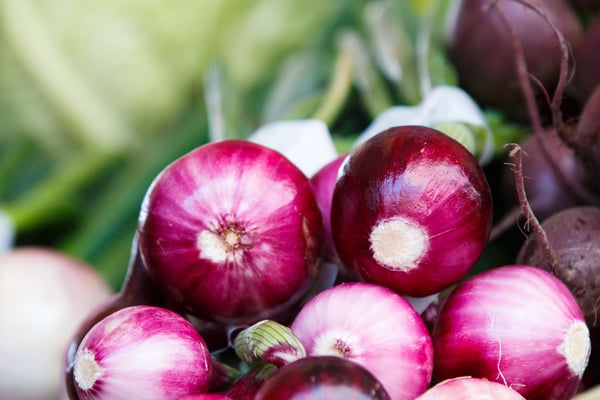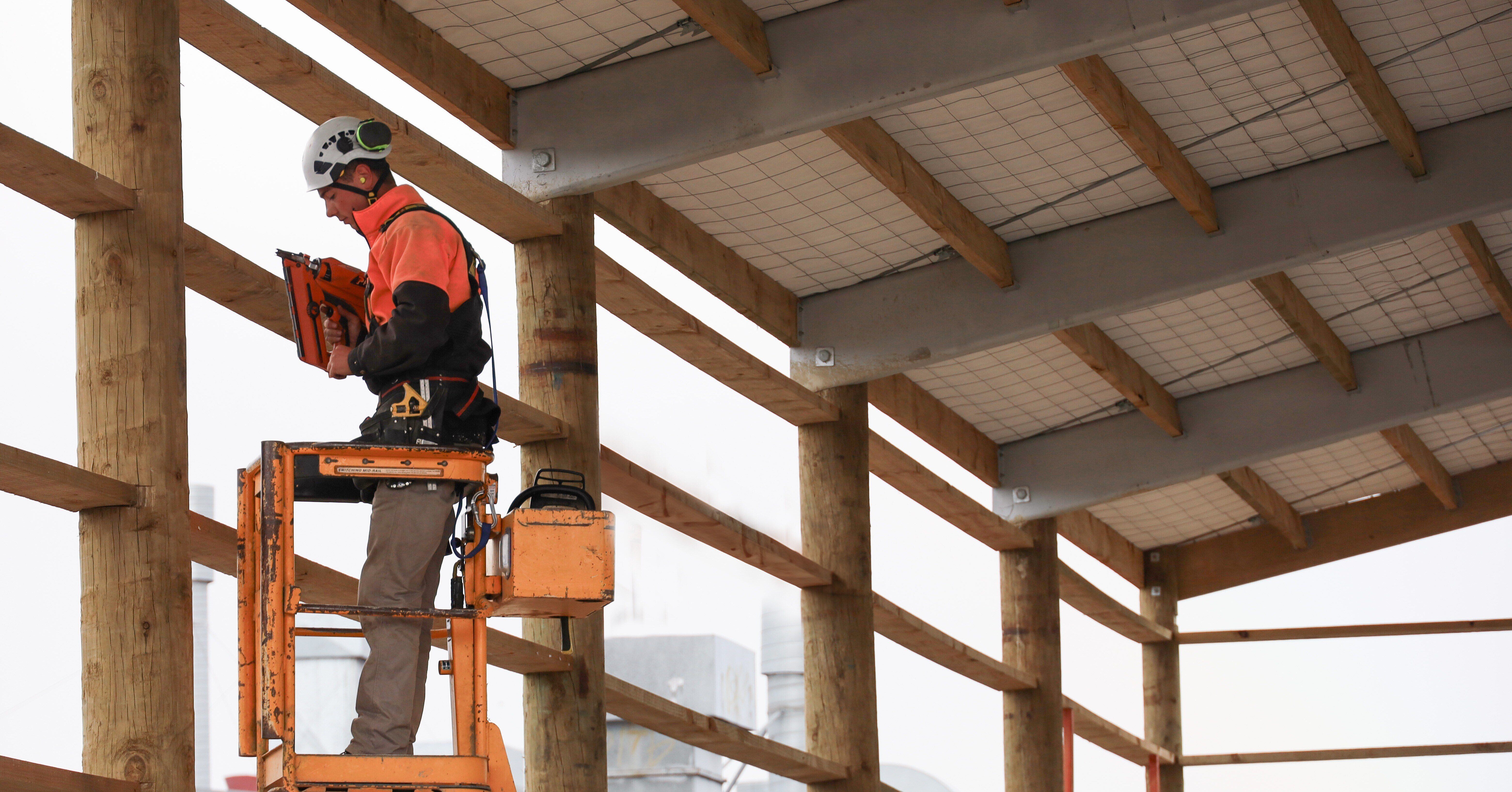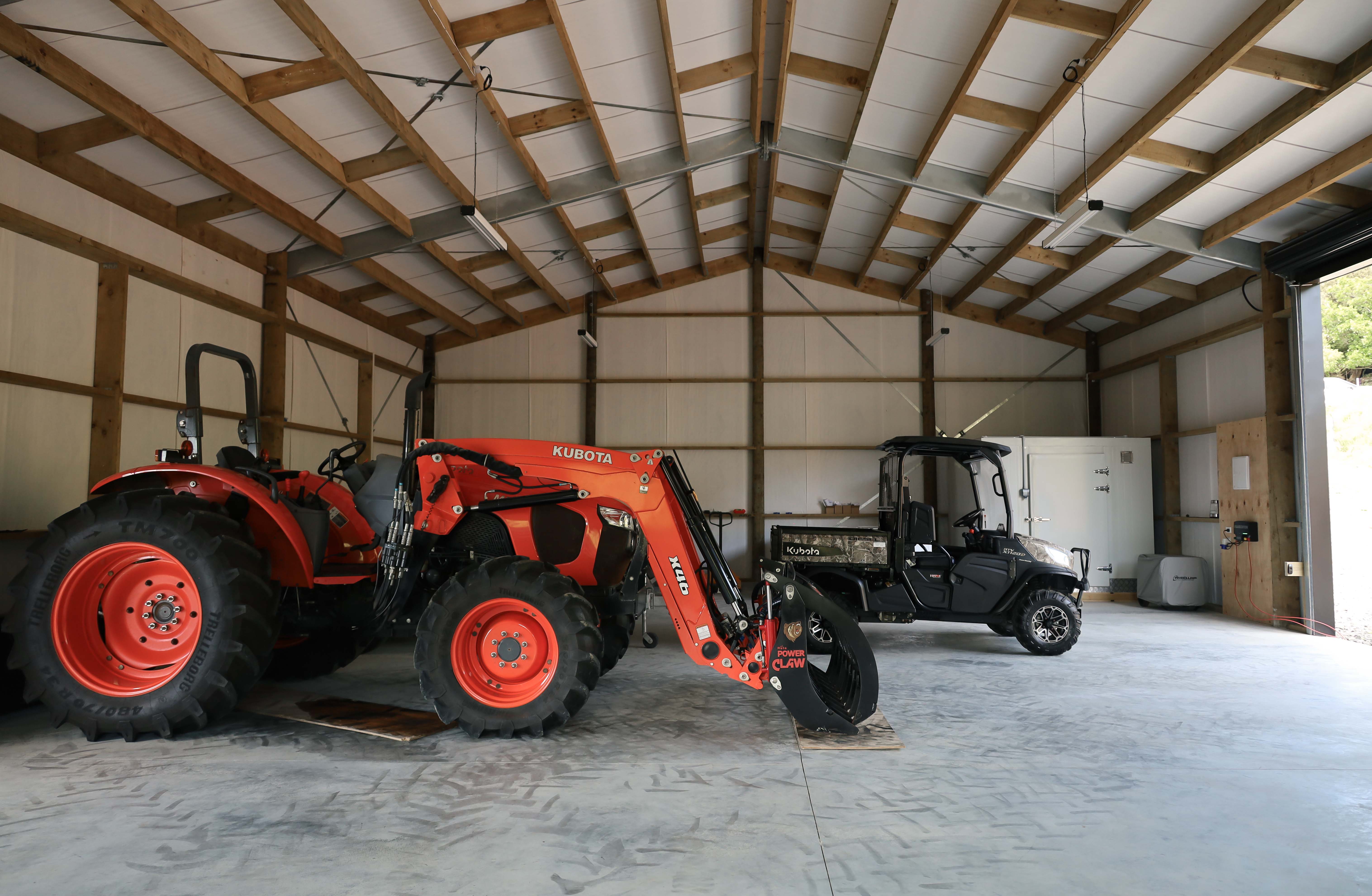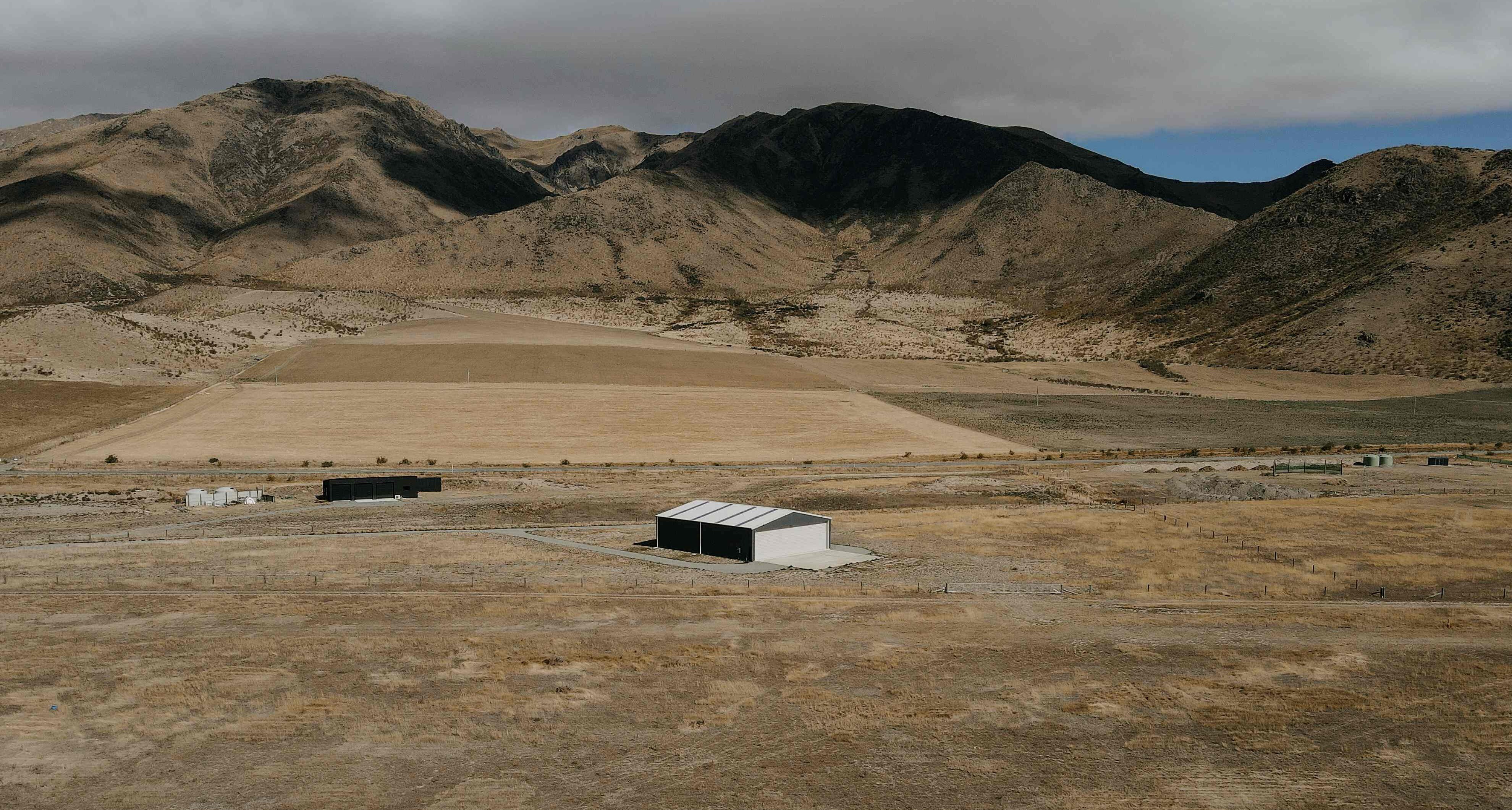
Horticulture in New Zealand is looking forward to predicted growth and government support, but also new challenges. Consumers are becoming obsessed with finding and buying the freshest and most organic food they can. Dietary changes are also making fruit and vegetables even more popular in today's society as awareness of the meat industry's impact on the environment is riding a wave of popularism.
Despite these changes, produce growers across New Zealand's horticultural industries face new challenges. From weather events like ex-Cyclone Gita to record droughts, catering to the demands of the New Zealand market isn't getting easier.
In this article we're going to explore 7 reasons why produce growers are losing money, and possible solutions to each of these problems.
INACCURATE FINANCES
A regular analysis of your pricing, in regards to cost and profit is essential in the challenging world of produce growers. Costs increase over time and whether it's in the form of minimum wage increases, operating costs, rates or new equipment as costs creep up, it's important to evaluate the impact this has on profit margins.
Reviewing income and expenses quarterly will help gain a picture on a business's performance and will help the savvy business owner see when costs need to be cut, or when it's possible to afford to invest.
Having someone manage the books, perform cashflow forecasts and analyse where the highest expenditures come from can save a business. If you're too busy making sure the business has money coming in then maybe it would be better to outsource this work.
Old Technology
You might not want drones controlling every aspect of your farm's operations. Even though robots won't be covered under minimum wage increases there's still areas for a business to look at technology to save money.
Using an online invoicing system like Xero can reduce paperwork and ensure you know who is late settling their invoices.
Does your website make it easy for potential buyers to find you and understand whether they should work with you? Do you manage your portfolio of current buyers to make sure you're not missing opportunities to get a better deal or supply more produce to them? Are you selling direct, and does your current IT system make that an easy process for yourself and your customers?
Without proper investment in software, scaling your farm may be slow, or impossible. Take the time to review how technology can make it cheaper and easier to run your business. You never know, you might be able to increase your margins through efficiencies.
Out of date Equipment
Using equipment that's not fit for purpose, inefficient and constantly breaking down can cause costs to increase over time. As expensive as it may be to buy new equipment it's also expensive to have a key piece of machinery out of action.
Instead of buying key large machines outright and taking a hit to the wallet, farmers are turning to a model that businesses in the private sector have become reliant on for reducing expenditure and easing cashflow concerns.
Leasing more modern equipment, especially the big stuff, can ease capital outlays and guarantee that operations continue without disruption. In many cases, regular services and maintenance can be included in the lease fee, which reduces the hits to the bank account even more.
Machinery THEFT
You've invested tens, maybe hundreds, of thousands of dollars into machinery but a few simple mistakes could be costing you extra over the long-term. A lot of these can be prevented by investing in a better shed. Tractors, motorbikes, power tools and more have all been the targets of rural farm theft in the past. Even if the valuables are later retrieved, they may have suffered damage that puts them out of action for weeks, with additional expense to put them right.
Keeping your valuable machinery in a secure shed can reduce the risk and the knock-on costs. You may even find you can achieve lower premiums if your equipment is stored in a fully secure and locked shed.
Choosing an Alpine Buildings shed with its no-bird perch rafter system will also mean your equipment is protected from droppings, which means your equipment doesn't get damaged from the corrosive acids.
POOR Marketing
A Consumer New Zealand survey in early 2017 showed that 71% of New Zealanders want to know where their fruit and vegetables come from. 70% also want to buy New Zealand-grown. Even though over 60% of New Zealand's produce is shipped overseas, this trend isn't limited to New Zealand and it's important that produce growers cater to this growing trend.
Doing so can create a stronger connection to your brand and its unique value. Communicating this message on your packaging, website and even social channels can be a real bonus.
Twisted Citrus runs it's Instagram account like a well-oiled machine and has almost 2,000 followers as a result and engages with them to share its message of great, fresh produce from Gisborne.
Failing to create a brand following can result in being easily replaced.
INADEQUATE Packaging
We mentioned that packaging can be a great place to share your unique message to your audience, it also plays a massive role in ensuring your customers get the freshest, and most delicious produce possible.
Despite dealing in meat, Taranaki-based Green Meadows Beef ensure their paddock to plate deliveries arrive in the freshest condition by using ice-pack alternatives to chill their deliveries.
Thermogard, made by New Zealand-based packaging company Primepac, chills products evenly with their gel-based solution and can help ensure produce gets delivered in great condition.
This not only helps protect a company's reputation for producing great food, but also reduces wastage and lost goods which may have to be reimbursed.
POOR Packaging
Carrying on the packaging theme, the improper distribution of goods can lead to massive costs for a produce grower. If you ship your goods on pallets then you might want to pay attention to this one!
Using the right amount of pallet wrap can be a balancing act. Too much and you're wasting thousands of dollars a year. Not enough and you could lost the same amount, if not more, in damaged goods.
Likewise if you wrap the goods too tightly the containment force can crush the contents, not tight enough and the loads become unbalanced. There are places you can go to get a free consultation on your pallet wrap to reduce waste, and if you're looking to save money then there's very little to lose by using this little-known resource.
We might not be able to help with all of these problems; however, if you've identified that a well-built and reliable produce shed could help your business grow then maybe we should talk!









